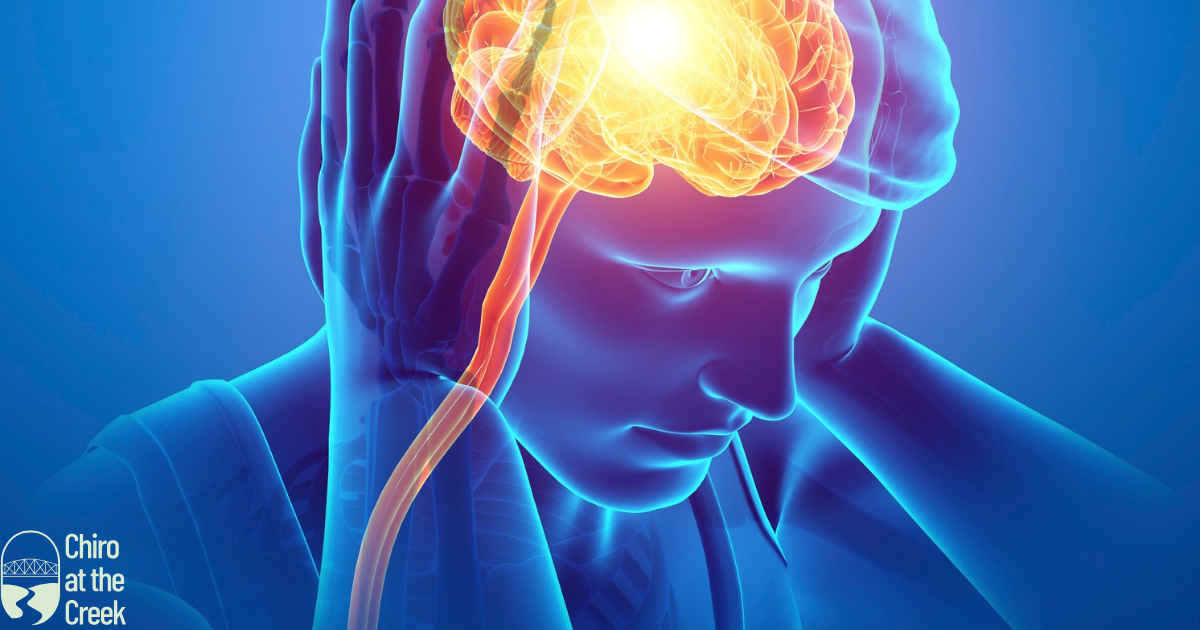Introduction: Understanding Neurological Disorganization
The human brain is a complex and intricate organ that controls every aspect of our lives. It is responsible for our thoughts, emotions, movements, and even our bodily functions. However, sometimes the brain’s intricate network of neurons and synapses can become disorganized, leading to a condition known as neurological disorganization or switching. This condition can have a profound impact on our overall health and well-being.
Normal body function should be the right side of the body is controlled by the left side of the brain and vice versa. Neurological disorganization refers to a disruption in the normal functioning of the brain, where the right side of the body is controlled by the right side of the brain and vice versa. The biggest causes of the switching is trauma (slip, fall, car accident, etc.) or chemical toxicity (sugar, alcohol or medications). When the brain is disorganized, it can affect our cognitive abilities, emotional stability, and physical health.
The Link Between Neurological Disorganization and Health
The brain is the control center of the body, and any disruption in its functioning can have far-reaching consequences for our health. Research has shown that neurological disorganization is closely linked to a range of health issues, including mental health disorders, chronic pain, and in some cases, autoimmune diseases.
One of the most significant impacts of neurological disorganization is on mental health. Studies have found that individuals with neurological disorganization are more likely to experience anxiety, depression, and attention deficit hyperactivity disorder (ADHD). This is because the disorganization in the brain can affect the production and regulation of neurotransmitters, which are essential for maintaining stable moods and emotions.
Furthermore, neurological disorganization can also contribute to chronic pain conditions. When the brain’s communication pathways are disrupted, it can lead to an amplification of pain signals, causing individuals to experience heightened sensitivity to pain. Conditions such as fibromyalgia and migraines are often associated with neurological disorganization.
In addition to mental health and chronic pain, neurological disorganization has also been linked to autoimmune diseases. Autoimmune diseases occur when the immune system mistakenly attacks healthy cells in the body. Research suggests that the disorganization in the brain can trigger an immune response, leading to the development of autoimmune conditions such as multiple sclerosis and rheumatoid arthritis.
Common Symptoms and Effects of Neurological Disorganization
Neurological disorganization can manifest in a variety of ways, and the symptoms can vary from person to person. However, there are some common signs and effects that are often associated with this condition.
One of the most prevalent symptoms of neurological disorganization is cognitive impairment. Individuals may experience difficulties with memory, attention, and problem-solving. They may also have trouble with coordination and balance, as the disorganization in the brain can affect motor skills.
Emotional instability is another common effect of neurological disorganization. Individuals may experience mood swings, irritability, and difficulty regulating their emotions. This can have a significant impact on their relationships and overall quality of life.
Furthermore, neurological disorganization can also lead to physical symptoms such as headaches, fatigue, and sleep disturbances. These symptoms can further exacerbate the emotional and cognitive difficulties experienced by individuals with this condition.
Strategies for Managing and Improving Neurological Health
While neurological disorganization can have a profound impact on our health, there are strategies that can help manage and improve neurological health.
One of the most effective ways to improve neurological health is through lifestyle modifications. Regular exercise has been shown to have a positive impact on brain health by promoting the growth of new neurons and improving cognitive function. Additionally, a healthy diet rich in antioxidants and omega-3 fatty acids can support brain health and reduce inflammation.
Stress management techniques such as meditation, deep breathing exercises, and yoga can also help regulate the brain’s response to stress and promote a sense of calm and relaxation. Adequate sleep is also crucial for maintaining optimal brain function, so establishing a regular sleep routine and creating a sleep-friendly environment can be beneficial.
In most cases, individuals can benefit from a chiropractor who specializes in Applied Kinesiology. There are specific protocols someone trained in Applied Kinesiology can do to switch the signals back to the appropriate side, utilizing specific acupressure points and making an adjustment. Patient’s will notice an immediate improvement in how their body feels once a normal brain signal pattern has been established.
In conclusion, neurological disorganization can have a significant impact on our health and well-being. It is important to recognize the signs and symptoms of this condition and take proactive steps to manage and improve neurological health. By adopting healthy lifestyle habits, managing stress, and seeking appropriate interventions, individuals can enhance their brain function and overall quality of life.













